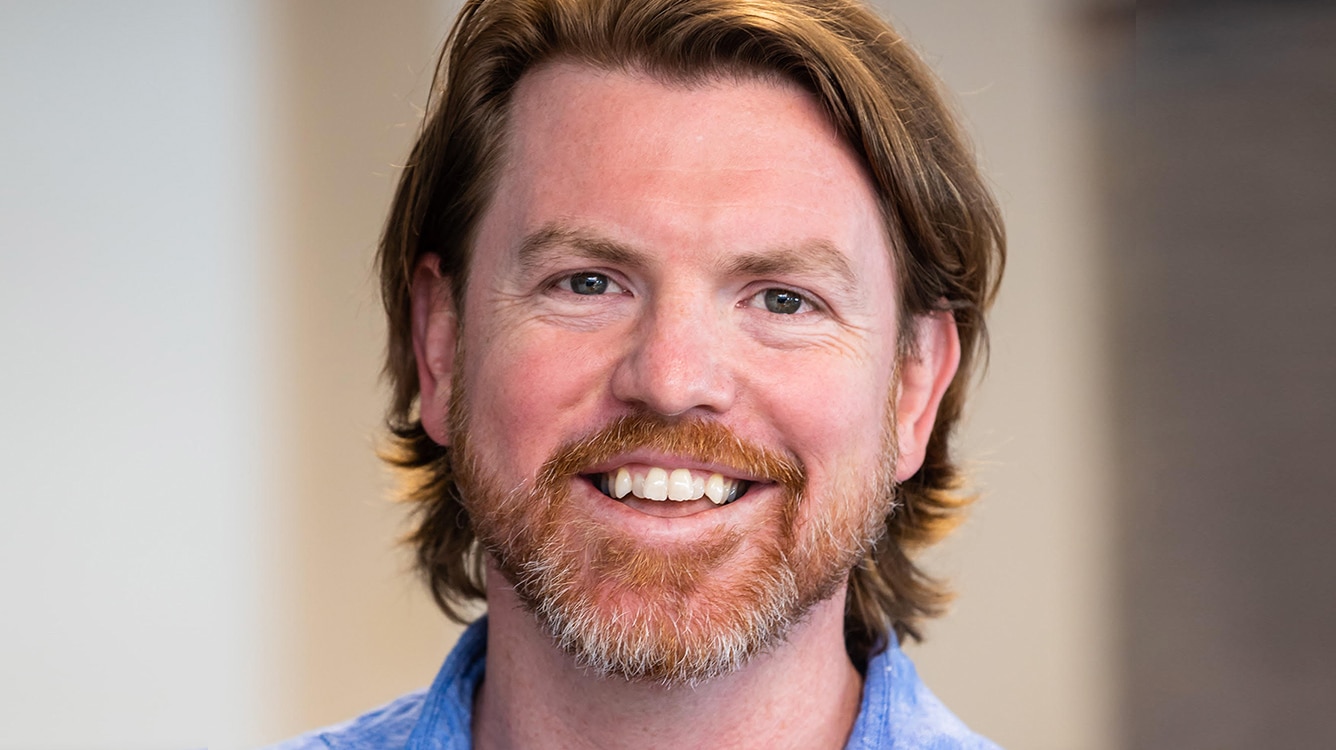We sat down with Rollbar CTO, Cory Virok, for a Q&A on how his leadership role and industry expertise helped create an enterprise solution for today’s modern software company.
How does your technical expertise and leadership as a CTO play into how Rollbar focuses on the enterprise?
Before Rollbar, I was building high-throughput, network security systems for the government. After moving to SF, I worked at VMWare, followed by a social gaming company where I was scaling a product, infrastructure, and team for a massively popular set of Facebook games. Being a deeply technical CTO has been incredibly important for me to be able to provide our enterprise customers with solutions that their development teams use every day to ship better software, faster.
Whether it's support, or the initial diligence on our product, or customer success, Rollbar's enterprise customers have a very high level of expectation from our team and service. As our CTO, I am proud of our ability to exceed these expectations and provide a level of stability and performance that our most demanding customers have come to expect.
How has your technical and learned business experience helped you to build an enterprise startup and run a “modern” software company?
From my experience, enterprise customers tend to all have customizations that they require, making it very easy to "go wide" and build all of the requested integrations. That's a fine approach. Just be sure to structure your team, architecture, and processes around that principle. It's very easy to go down this path only to look back and discover that your product and codebase are a Frankenstein's Monster of technical and product debt. However, if you practice agile, allow for enough time to pay back technical debt, and continually groom and prune your backlog, product, and codebase, you should be set for success.
The other approach is to "go deep". This will require that you say "no" to a large swath of potential customers. So, it needs to be worth it. I can see this approach working well if one of your founders is an expert in your problem space. This approach will also require you to build very tight relationships with the few customers that you are able to target. From a technical perspective, this is the ideal scenario. Knowing what to build ahead of time is like being able to see the future. You just need to be sure you're right.
As a side note, I think another important key to success for young enterprise startups is to "punch above your weight." You need to find the one or two things that you do really, really well and focus as much attention and resources on those as possible. If your team excels at building high-throughput systems, make sure to differentiate yourself along that axis. If you excel at rapid prototyping, invest a lot of time in quickly testing new product ideas. Use your strengths to affect the optics of your company and make everyone assume that you're much larger than you are. Enterprises need stability which is usually associated with larger companies. Make them think you're bigger than you are.
What characteristics define a “modern” enterprise, and how does Rollbar’s technology contribute to making it a reality?
From my perspective as a CTO, I'd say that the most important ones are: Iteration Speed, Developer Productivity and Compounded Learning. Rollbar helps companies with all three of these.
A lot of what people expect from today's modern enterprises is related to delivering more value, faster. The single most important metric to consider when trying to achieve this is Iteration Speed. To stay relevant, you need to be nimble. To do that, you need to invest in the right tooling and software practices. Rollbar is an invaluable tool for today's teams because it decreases MTTR, (Mean Time to Resolution) by providing the necessary context and insight into the root cause of software bugs. We strive to create a world where you never have to say, (or hear) "I can't reproduce this bug", or "it works on my machine". By using Rollbar, our customers are able to fix bugs the first time they occur, and roll out the fix before customers ever notice. Rollbar also enables companies that have a more mature SDLC, (Software Development Lifecycle) to iterate faster by providing real-time feedback on issues in any pre-production environment - decreasing the time to fix issues during their QA and CI workflows.
Developer productivity is about investing in your people. People are every company's most valuable, and likely, most expensive resource. Modern enterprises are focusing on enabling their development teams to do more with less. Tools like Rollbar help developers achieve higher levels of productivity by providing the right information to the right person at the right time. The compounding effect that this has on a team is incredible. We are seeing that on average, our customers are able to increase their release velocity, (a measure of how often they are providing new value to their customers) by 9x over the first 2 years of using our product. That level of improvement is what happens when smart people are given great tools.
The last characteristic that I think gets overlooked quite often is what I call Compounded Learning. This is the idea that one Developer's mistake should result in the entire team learning and retaining the solution. It's about de-duplication of effort to not solve the same problems over and over. Rollbar helps large development teams fix issues and share the solution. A developer's job is hard enough without having to fix the same issue that has already been fixed, tested, and reviewed by another team member. Rollbar makes it easy to not only fix bugs, but also to never have to fix the same bug, twice.


